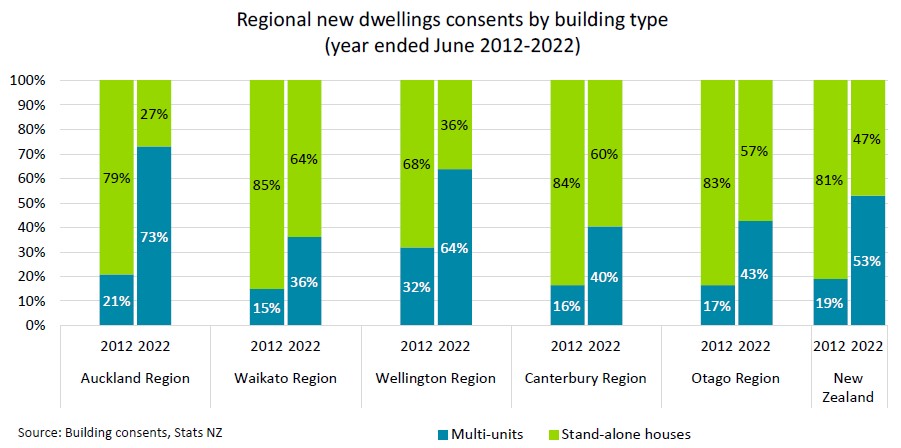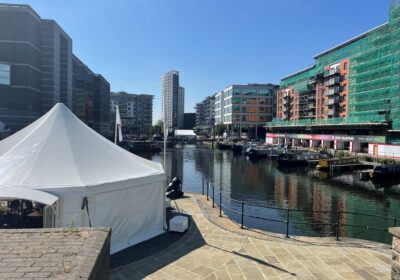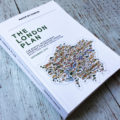Like the UK, New Zealand has an affordability challenge. What’s happening there is worth paying attention to. In 2016, Auckland, the capital of New Zealand ‘up zoned’ three quarters of its residential land leading to an estimated 300% increase in the potential housing capacity of the city. This was no paper exercise. The effect of this action was to permit densification of up to six storeys in certain parts of the city and in other areas, three.
Consequently, the city has experienced a construction boom and an increase in housing supply. For example, the proportion of what New Zealand term multi-unit dwellings increased to 73 per cent in Auckland in the year ended June 2022, making up the majority of dwelling types consented. Look at how this has changed since 2012. The infographic below highlights the effect of zoning densification which has now been rolled out to other major cities in New Zealand and having similar affects.

For those interested in more detail, there’s an academic paper by the University of Auckland, the results are compelling:
- Rents for three bed dwellings are between 22 and 35% less in Auckland then compared to other conurbations in New Zealand.
- Average rents after inflation in Auckland fell by 2 per cent from 2016 to 2021, and, for those on low incomes, they fell by 6 per cent.
- House prices rose by 70 per cent in the rest of New Zealand over the same time period but rose by only 20 per cent in Auckland.
UK context
The original Jenrick reforms envisaged some forms of zoning and I expect there are many in MHCLG and the Treasury who remain in favour of this approach if housing supply is to be properly addressed. My hope is this is revisited after the elections when we have a new Government. Clearly for now, civil servants are playing for time and nothing much more can be done with the current administration.
Centre for Cities has produced some interesting comparison work. Were an equivalent planning reform passed by Westminster, it would increase the number of homes in England today by between 610,000 and 1.3 million by 2031.
From an investment point of view, a move to a rules-based system rather than one which is entirely discretionary but bloated by policy is to be welcomed. The UK planning system now has too many policies creating a presumption against new development. Pre-Ukraine, the system was creeky but just about functional however since then with surging cost inflation and interest rate rises, housing as a use class is underwater in most brownfield locations. Zoning won’t address all these issues but it will help ease the regulatory creep and the politicisation that the UK in my view suffers from.
The approach in Auckland has now inspired the New Zealand government to implement further zoning reforms across the country. Yet arguably the most surprising development from all of this (particularly in the context of the Chesham and Amersham debacle) was the buy in from residents. After witnessing the benefits of an increased housing supply, less than a third of Aucklanders perceive the shift towards more dense housing as a negative development.
If it works elsewhere then there will be a rich data set to help drive meaningful policy in the UK. Perhaps we should pick a city and trial it here too?








